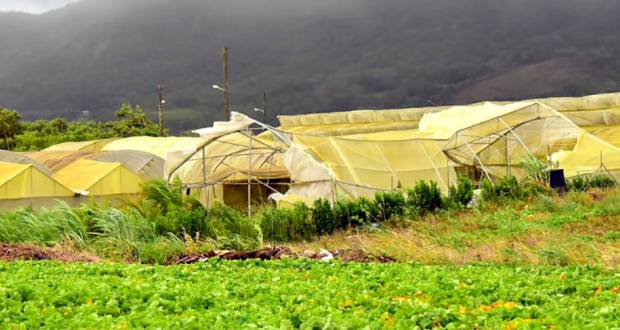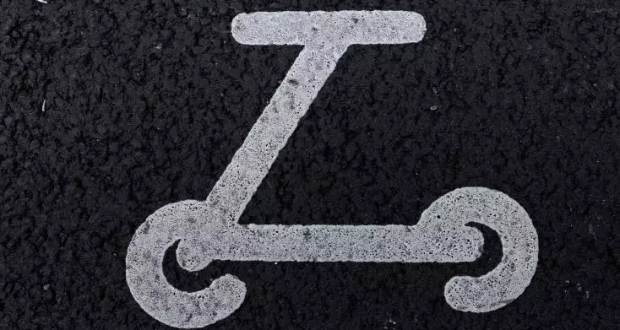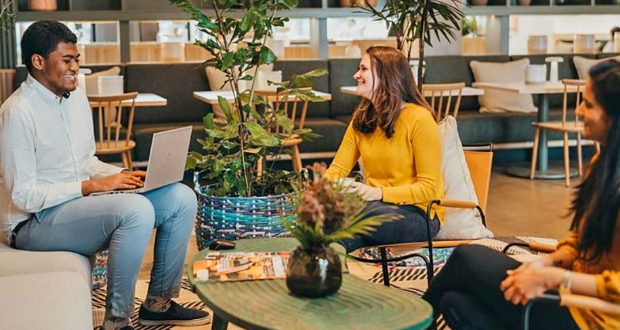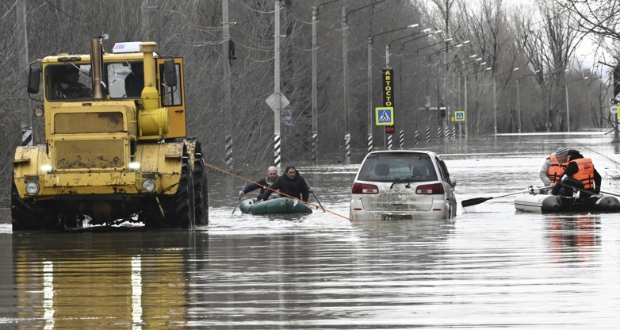Publicité
The new now: What has changed?
Par
Partager cet article
The new now: What has changed?

History tends to repeat itself. Our parents experienced the devastating impact of war. We have experienced a global crisis where the world did come to a stop. The restart button has been pressed. We are just about coming out of a great human tragedy and an unprecedented economic meltdown where the world activities came to a standstill. We have all been impacted in one form or another. The fact is every human being has pressed the reset button. We have all become conscious of the need to break from the past and our experience is proving futile in face of the changes the world is going through. Except for geography, the architecture of everything else is changing. The disruption in our lives is beyond repair. There are two eras: pre-Covid and NOW, the NEW NOW! So what has changed?
INDIVIDUAL
(i) Healthcare
The pandemic has put health at the centre of our preoccupations. We have all lived in fear. Will our number come up? Fear has started to track our minds and our actions. We have realized that if we are healthy we can face any challenge; otherwise, nothing else matters. The healthcare business has suddenly become a noble business and a very lucrative one. Pharma has taken another dimension with the advent of vaccines. Money has poured into pharma and healthcare businesses. Suddenly, the barriers to entry which were prohibitive before suddenly look low as demand has suddenly become unsatisfied. The supply curve is shifting big time. Every investor now wants to catch the wave. Healthcare is now riding the wave and a money spinning business beyond the realms of reasonableness. The demand has been aggressive because public healthcare in most economies has collapsed at some point in time during the pandemic. As survival is at stake, the surge in demand for private healthcare has become the new norm.
(ii) Resilience
One of the direct consequences of lockdown across the world has got people to rethink what matters to them. People have become more resilient. Our fathers went into jobs for survival, we went into jobs for standard of living but our children do not need either. They will follow their passion. They will follow their heart and lockdown has certainly triggered this. The labour market has certainly become dysfunctional. Employers must rethink how to treat employees and the employee engagement has taken a critical importance in recruitment and retention policy. There is a new collaboration between employers and employees. The war on talent will become rife and the smart employer will attract smart employees. Smart employees will choose employers not based on financial indicators but on ESG. Fossil fuel employers will find it challenging to attract talents; so will the hardcore investment banks with profit at all costs mentality.
(iii) Education
Covid has stretched the education sector and has made traditional means of teaching irrelevant. Online education and home schooling will certainly put pressure on the traditional education sector and on government policies with better access to education wherever one may be. Good grades, good results will not guarantee success. The breadth and depth of creative minds will win the day. Mauritian débrouillardise will soon become a comparative advantage as entrepreneurship culture flourish.
THE STATE
(i)Bigger government
All economies have suddenly become dependent on Government like in the 1960s. We have been preaching for market forces to dictate the course of action and even if this has led to the financial crisis of 2008, there has not been much change until Covid-19. Today, all economies need their government. Government has responded by extending its influence in the way the economy is run like in the old days. We now have bigger Government supporting businesses, public interest entities and extending support to vulnerable members of our society. We now have strong Government and strong Government produces strong policies which “Put people first”. A new form of leadership has emerged, a new social contract is being drawn and the Public Private Partnership has taken a new dimension.
(ii) Debt
The reliance on debt has reached unprecedented levels. Economic theories have suddenly been flushed. Debt taken by Government has gone through the roof. We have seen debt to GDP crossing the mark of 100%.The tradeoff of not taking the debt is a scenario which is not even worth contemplating as it is going to be like Brue Willis movie, Armageddon. We simply have had no alternative except making a new paradigm shift in accepting debt as being part of life. Suddenly, Government is now acting as lender of last resort and continues to invest heavily in infrastructure, healthcare and education.
BUSINESS
(i) Agro
Covid-19 has highlighted that we should rethink, revalue and embrace man first profession: agriculture. There is happiness and dignity in looking after the land to produce our own food. This creates triple benefit to People, Planet and Profit. It ticks all the boxes and this is the business of the future. It attracts capital, investors from all walks of life and there is a ready off-take at the end of the value chain. Technological advancement will create exponential growth for agricultural products in the circular economy. It covers the whole life cycle and creates all the good factors that are not only sustainable but also environmentally friendly.“Agriculture is our wisest pursuit, because it will in the end contribute most to real wealth, good morals, and happiness.” – Thomas Jefferson
(ii) Technology
Covid has pinned technology in all as- pects of our lives. Technology has invaded our privacy and disrupted traditional businesses. I am not referring to the importance of WhatsApp social media as source of news and information as opposed to traditional media. Facebook, LinkedIn, Twitter and Instagram are now very much part of our staple diet. These social media are “old” stuffs. We now have Team Viewer, Zoom and MS Teams that have made the world even smaller. We can attend meetings virtually, we can go to conferences, attend lectures all from the comfort of our living room. The work-from-home (WFH) concept has become the norm for process-driven businesses (although WFH brings its own challenges: data privacy, sense of belonging and loyalty to employer, and adversely impacting mental state).
The retail sector globally has been adversely impacted as customers now prefer online trading. Online fashion giant ASOS has bought Topshop as part of a U$364 million deal, which includes Topshop, Topman, Miss Selfridge, and HIIT, but the retailer’s physical stores will still close. The brands were part of the Arcadia Group, which fell into administration in December 2020. This is the new order. The sup- ply chain has been disrupted and as the fashion is now moving at a blistering pace, small producers like Mauritius are more apt to draw benefits. As a result there has been a bloodbath in rental as High Street shops started to close down and its impact on rental of property has nosedived. Same applies for offices in any cities or in any other businesses.
(iii) Financial services
Banking and non-banking financial institutions will also change beyond recognition. The pace of technology will create platforms that with a click of your mobile, transactions will happen. Financial services and technology will be intertwined and those who won’t invest in technology will be wiped out. We, Mauritians, are today dependent on Juice and Internet Banking. Technology will increase the offerings and companies like Fundkiss will multiply. Blockchain technology will replace the more traditional services in many fields and digitalisation of services will be the new norm.
CONCLUSION
We, at KICK Advisory, firmly believe we are facing a great time in our history. For a small country like Mauritius, the opportunities today are just enormous. Looking at results of listed companies for period ended Dec 2021, strengthens our belief that we are benefitting from a Covid-19 Bonus. Results are great, the stock market is booming and opportunities are knocking on our doors. We just need to smarten our balance sheets by aligning with strategic investors, enhancing our equity base, focusing on cash flow and ensuring we build scale so that our competitive advantages are sustainable. We still have to embark on a growth strategy in Africa and with trade agreements we have with India and China, we must have the visionary entrepreneurs to take the leap of faith. We have world class professionals ready to accompany Mauritius on the journey. New winners will emerge and traditional old-fashioned businesses will be purged. However, no progress will be made if we do not provide for a safety net for the less fortunate as the gap will only widen as the new economic order favours the daring not the educated behind desk employee! The challenge for anyone of us, be it individual, businesses and politicians: how to stay relevant in the NEW NOW!
Publicité
Les plus récents






